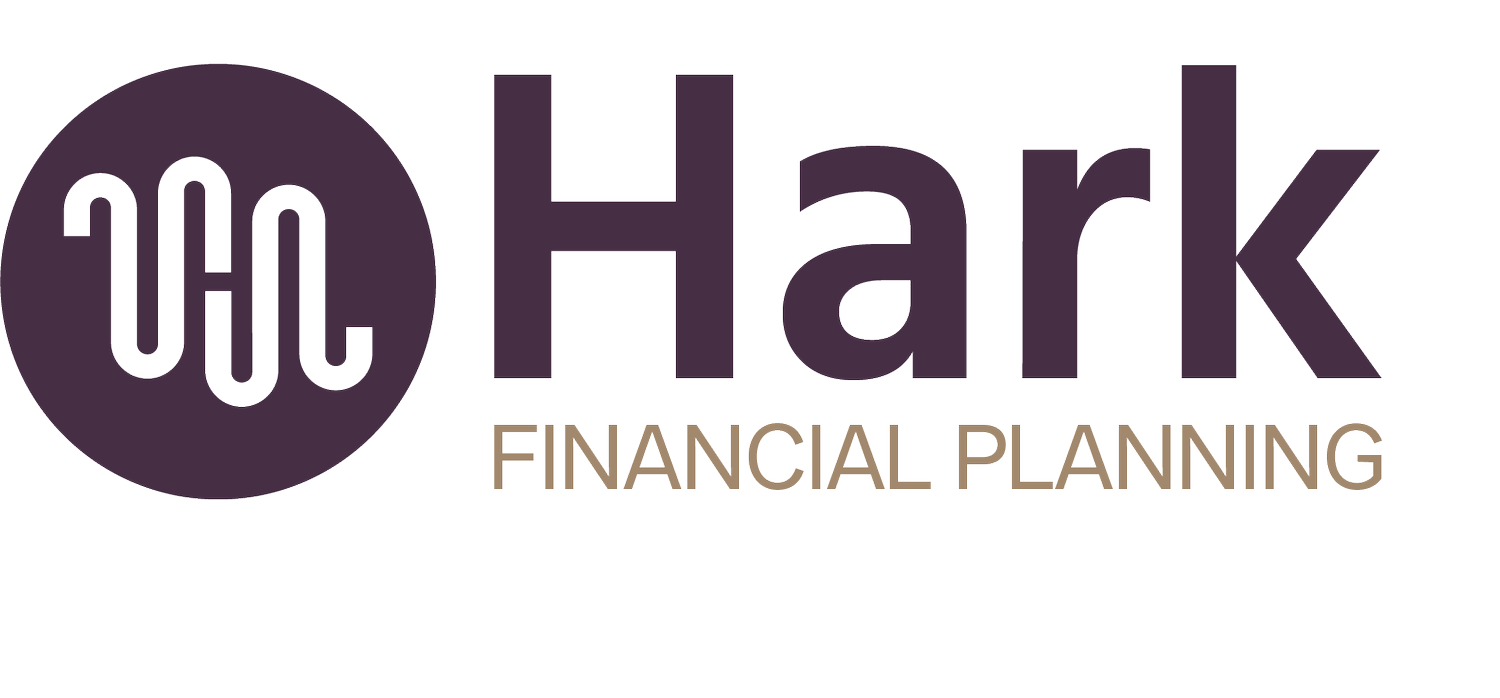How Millennials & Gen X Can Protect Their Finances During the Next “Unprecedented Time”
If you feel like every year brings a new financial crisis, you’re not alone. From stock market crashes to inflation spikes, banking instability, and economic uncertainty, it’s fair to ask: When do we finally get “precedented” times?
For Millennials and Gen X lawyers, financial stability has often felt like a moving target. We’ve lived through the 2008 financial crisis, skyrocketing student loan debt, housing market insanity, pandemic-era uncertainty, and now a potential recession, inflation concerns, and regulatory shake-ups. It’s exhausting—but it’s also a reminder that building financial security isn’t about predicting the next crisis. It’s about making sure your money is ready for whatever comes next.
So how do you prepare your finances when everything feels unpredictable? Let’s talk about smart financial moves you can make right now to protect yourself, your career, and your long-term wealth.
1. Get Serious About Your Cash Reserves
If the past few years have taught us anything, it’s that liquidity matters. Unexpected expenses, market swings, and changes in your income are easier to navigate if you have a strong cash reserve.
Aim for 3-6 months of expenses in an emergency fund. If you’re self-employed or have highly variable compensation, consider 6-12 months since your income may be more variable.
Keep your cash somewhere accessible, like a high-yield savings account or money market fund—not locked away in long-term investments.
If your firm pays distributions irregularly, plan for cash flow fluctuations by keeping a buffer in your personal accounts.
A well-funded emergency fund means can help prevent being forced into a bad financial decision just to stay afloat.
2. Diversify, But Be Strategic
Market volatility can erode wealth quickly—but overreacting to short-term swings can hurt even more. The key is smart diversification that aligns with your financial goals.
Keep long-term money in long-term investments. If you’re 15+ years from retirement, short-term stock market dips shouldn’t dictate your strategy.
Don’t overcommit to high-risk assets. Crypto, private equity, and speculative investments may be tempting, but they shouldn’t be your foundation.
Tune out the noise. In times of uncertainly and market movement it can be hard to know what to do. Stay grounded in your goals, if your goals and time horizon are the same it's likely that the best course of action is to do nothing.
You can’t time the market, but you can build a portfolio that weathers uncertainty.
3. Know Your Worst-Case Scenario and Plan for It
Nobody likes to think about worst-case financial scenarios—but knowing how you’d handle them makes you stronger in the long run.
Ask yourself:
What would I do if I lost my primary income source? Do you have savings, other potential sources of income, or another plan?
How much debt can I actually afford? If interest rates climb again, can you still manage your student loans, mortgage, or credit payments?
Where would I cut back first? Knowing your financial priorities before a crisis helps you act quickly if needed.
The lawyers who survive financial instability aren’t necessarily the ones making the most money—they’re the ones who know how to adapt.
4. Don’t Ignore Taxes & Retirement Contributions
With financial uncertainty, it’s tempting to cut back on savings and retirement contributions. But that short-term relief can hurt your long-term stability. Once your cash reserves are in place and you have paid down high interest debt continue to save for the long term
Max out your tax-advantaged accounts. If you’re not contributing to a 401(k), Solo 401(k), SEP IRA, or Roth IRA, you’re leaving money on the table in tax savings.
Optimize your tax strategy. If you’re a law firm partner or self-employed, adjusting quarterly estimated payments and retirement contributions can help manage cashflow throughout the year.
Don’t pause retirement savings out of fear. Market downturns actually create buying opportunities, so sticking to your plan can pay off in the long run.
5. Focus on What You Can Control
The financial world will always have uncertainty, volatility, and policy changes—but you don’t have to live in constant financial anxiety.
Here’s what you can control right now:
Your spending and saving habits
Your risk exposure and investment strategy
How much you prepare for the unexpected
Economic uncertainty is nothing new—but how you respond to it can define your financial future.
At Hark Financial Planning, we help law firm partners, self-employed attorneys, and mid-career professionals build financial plans for different economic environments. If you’re wondering how to protect your finances through uncertainty, let’s talk.

